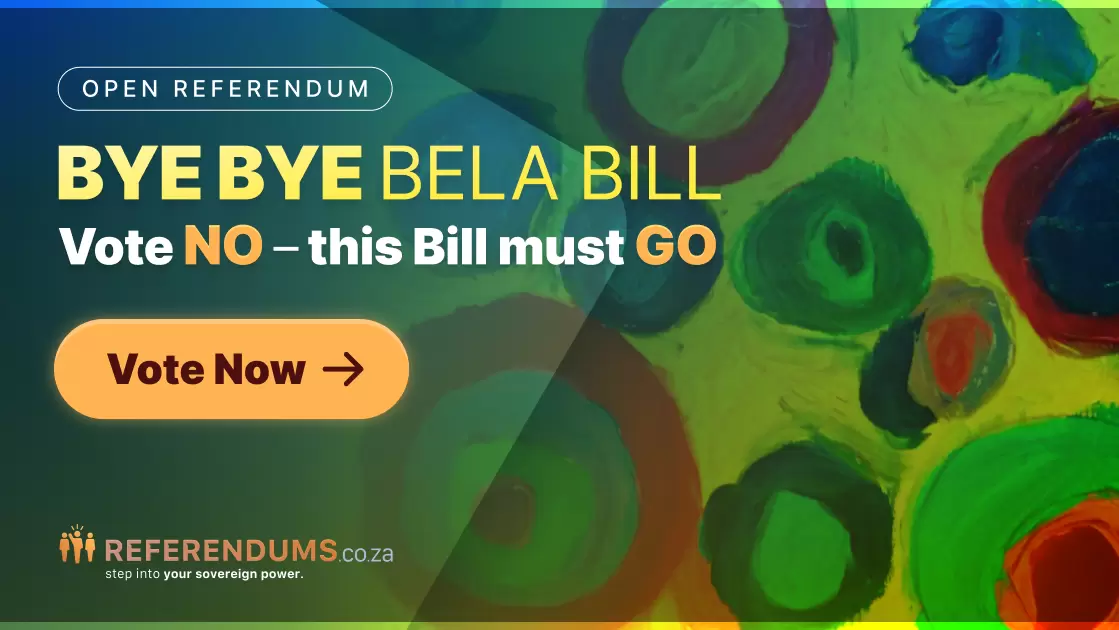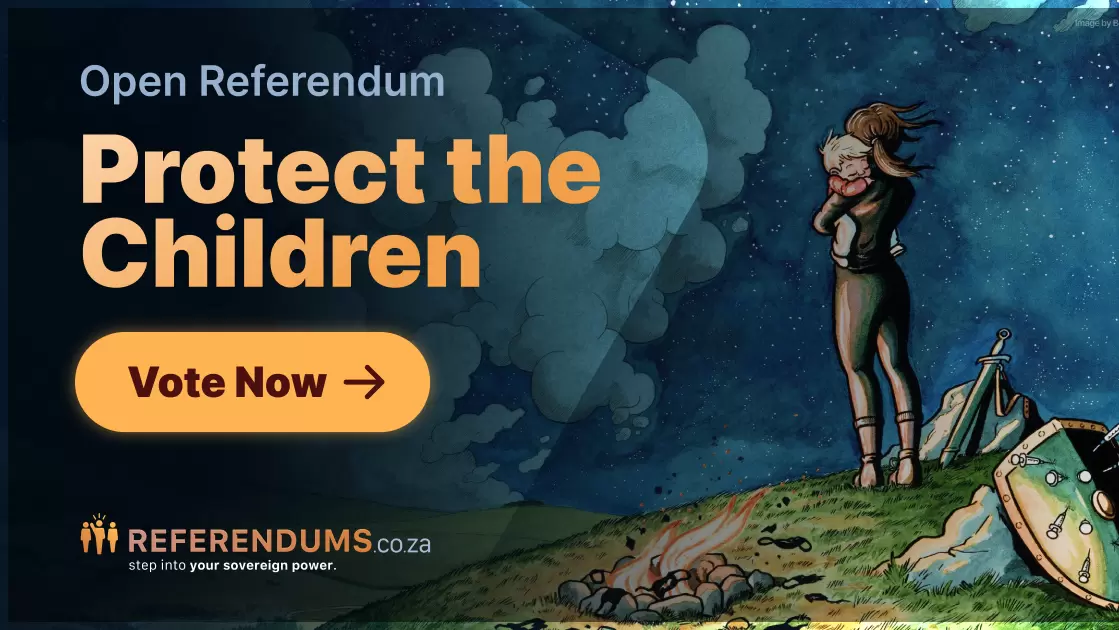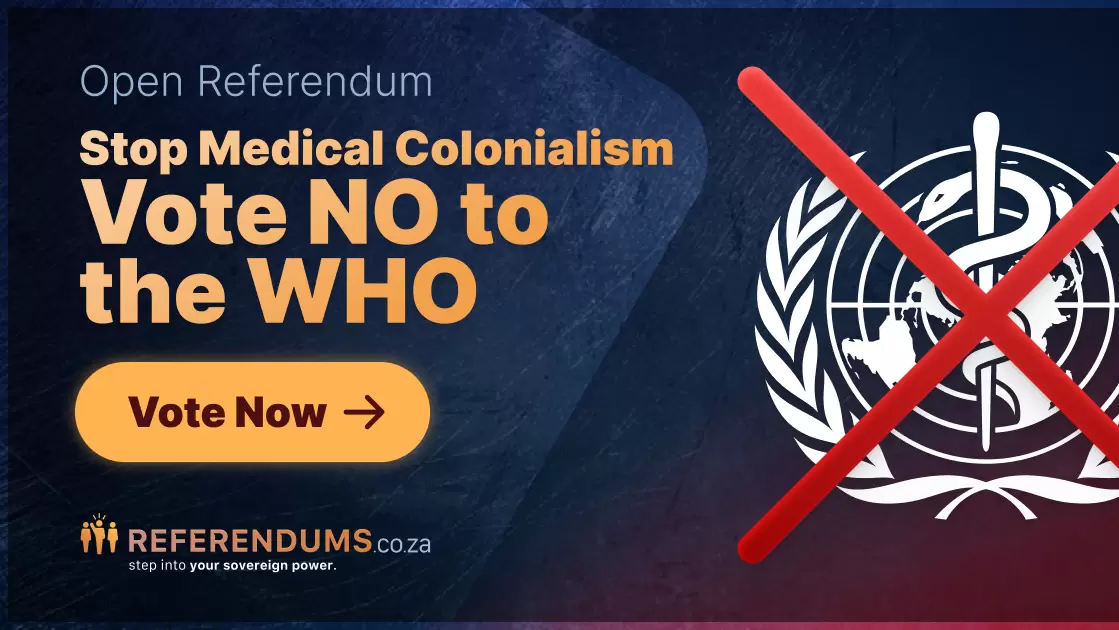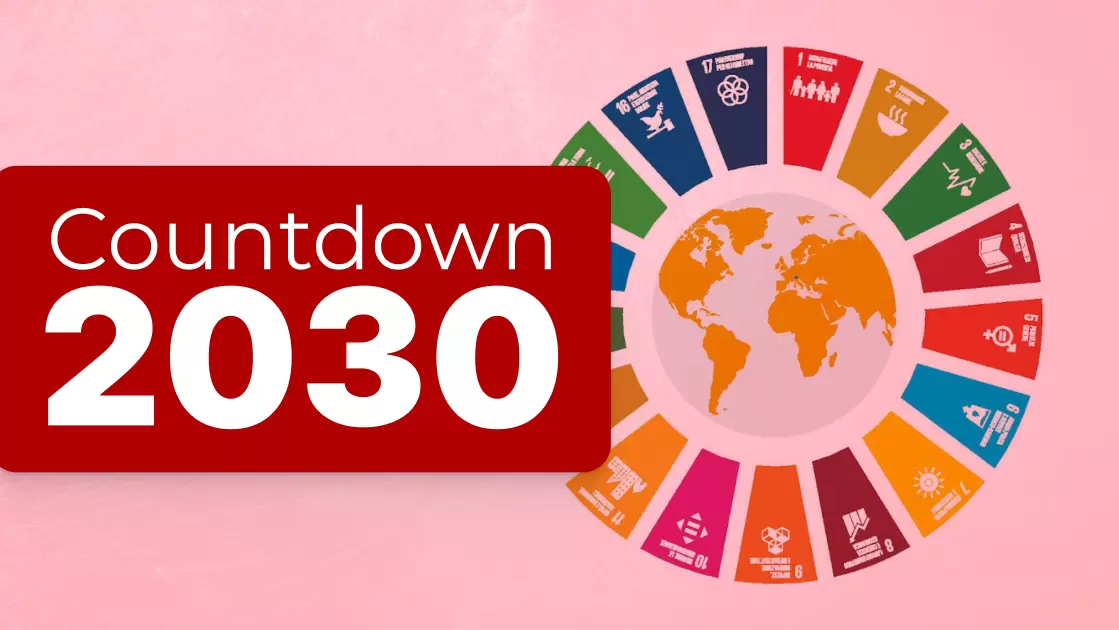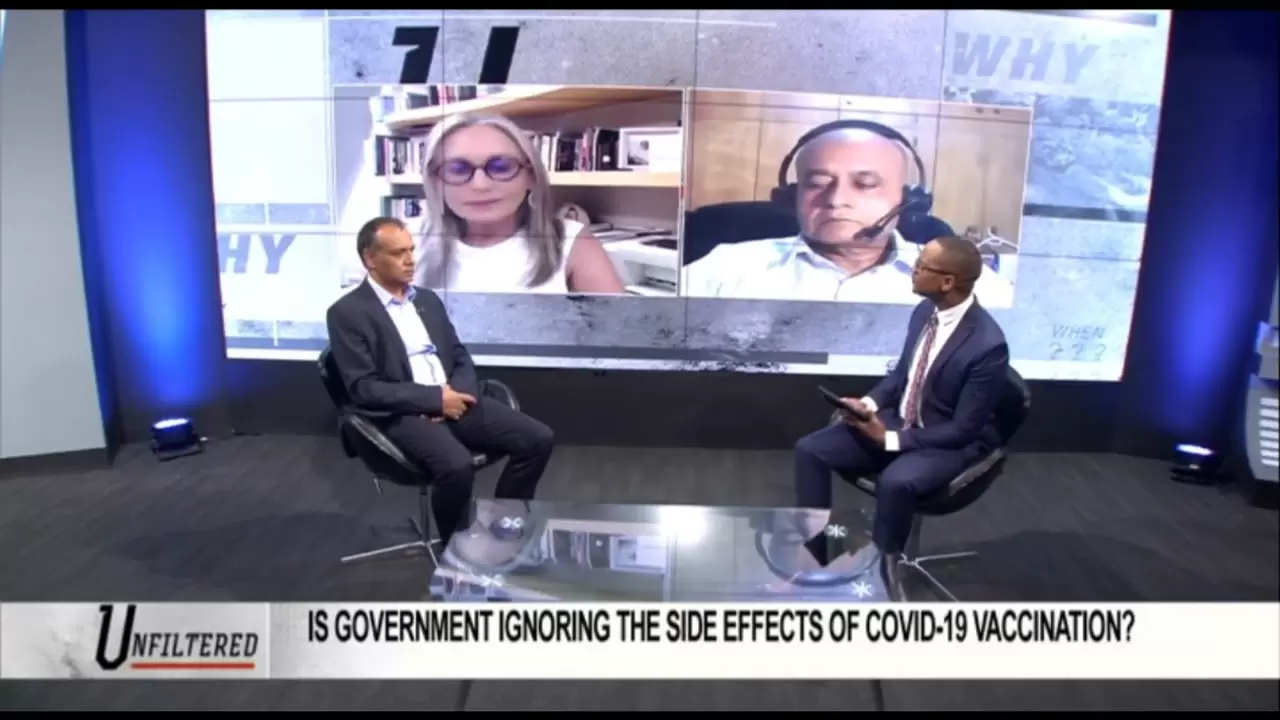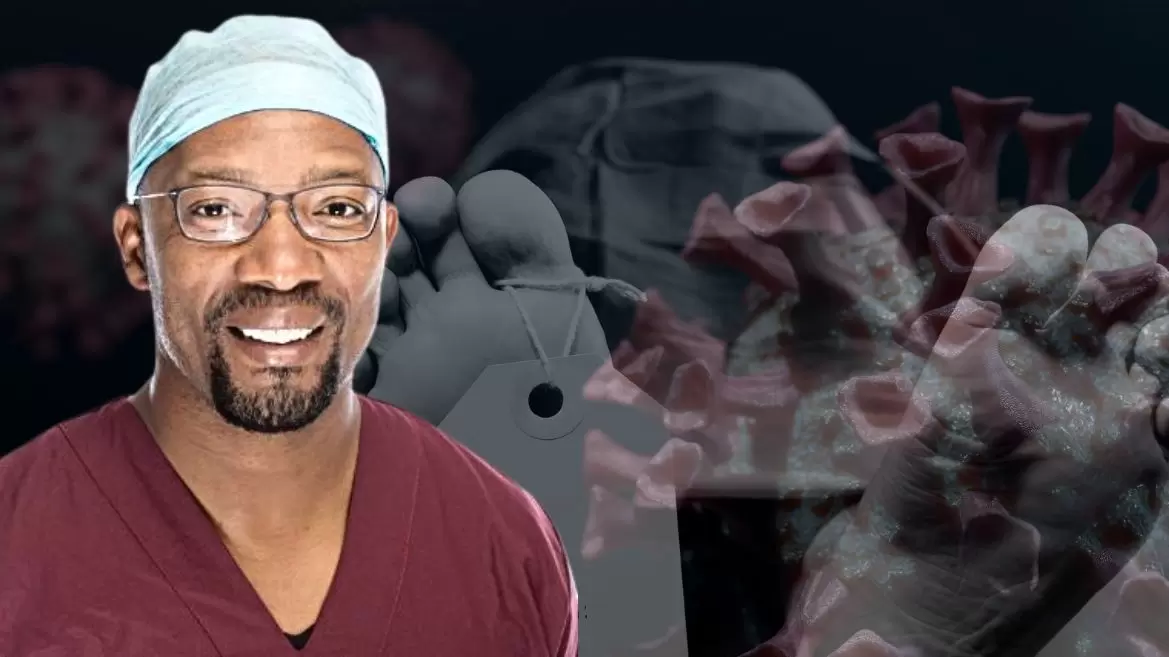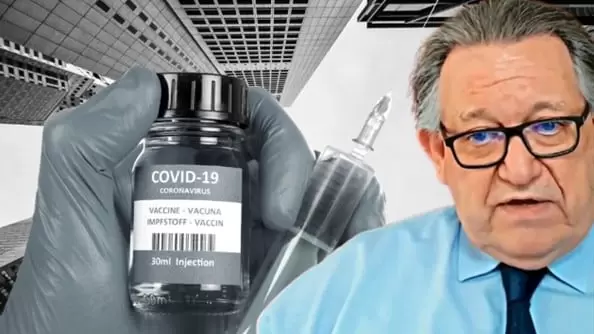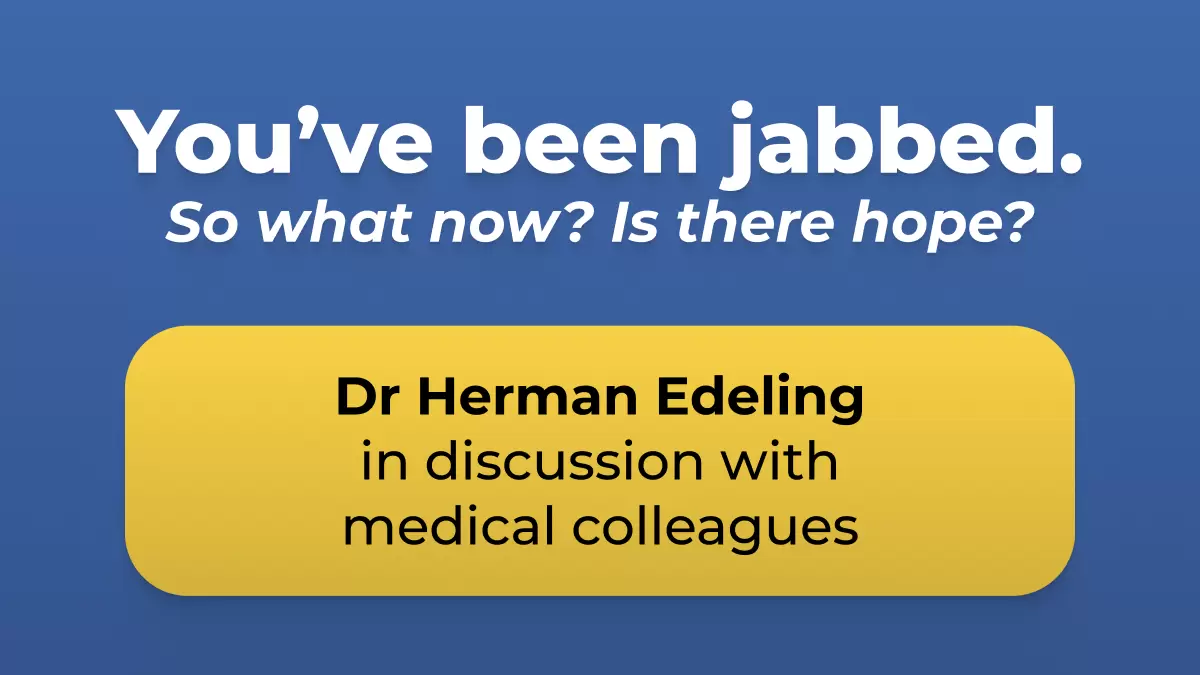Laws, Ethics and Professional Regulations
Hippocratic Oath
The origin and uses of Primum Non Nocere — above all, do no harm!
This aphorism is attributed to Thomas Inman, an English Physician in 1860. Traditionally applied, the “do no harm” principle requires that healthcare providers weigh the risk that a given course of action will hurt a patient against its potential to improve the patient’s condition. In short, to perform a cost-benefit analysis.
South Africa
- My Right to Informed Consent
- Hazardous Substances Act (№ 15 of 1973)
- The Medicines And Related Substances Act (№ 101 of 1965, as amended)
- The National Health Act (№ 61 of 2003)
- Ethical guidelines for good practice in the health care professions
SAHPRA — Mandated Obligations And Functions
The South African Health Products Authority (SAHPRA) is the regulatory authority of South Africa responsible for the regulation of health products intended for human and animal use; the licensing of manufacturers, wholesalers and distributors of medicines, medical devices, radiation emitting devices and radioactive nuclides; and the conduct of clinical trials.
The legislative mandates of SAHPRA are derived from the Constitution; the National Health Act (№ 61 of 2003); the Medicines and Related Substances Act (№ 101 of 1965), as amended (hereinafter referred to as “the Medicines Act”); and other relevant legislation, regulations and policies.
Further, SAHPRA’s mandate has expanded to include the regulation and control of radiation emitting devices and radioactive nuclides under the Medicines Act and the Hazardous Substances Act, 1973 (№ 15 of 1973).
Are vaccine mandates ethical?
